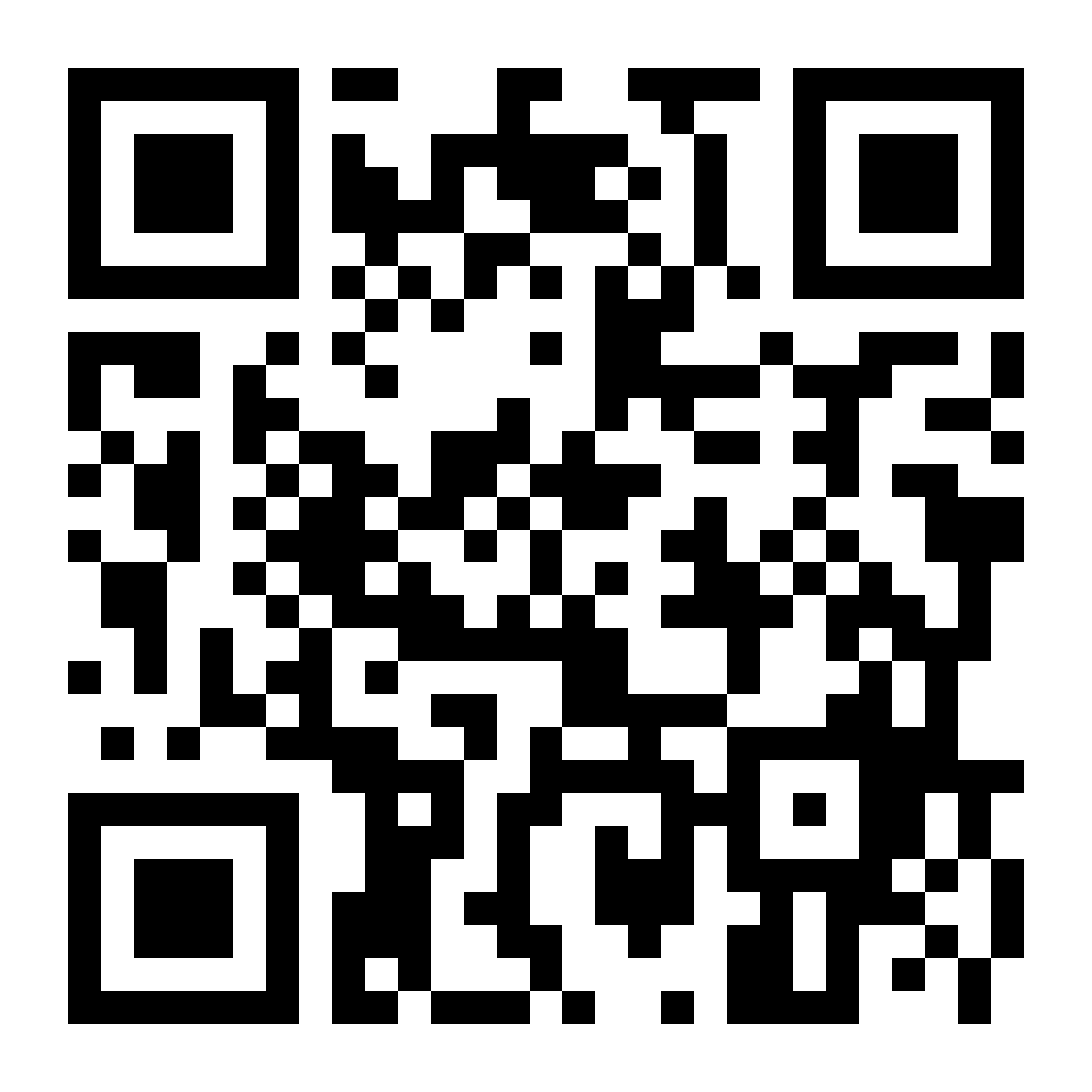

Reading As A Pathway to Wellness with Emely Rumble of "Bibliotherapy in the Bronx"
Tags
BlackWomenWellness,LivingAbroad,expat,expatentrepreneurs,movingabroad,wellness,Places & Travel,Mental HealthMedium
AI Analyze
Overview
Bibliotherapy transforms literature into a therapeutic tool for emotional healing, self-discovery, and processing trauma.
Takeaways
- •Emily Rumble, a social worker and bibliotherapist, prescribes culturally responsive literature to support healing.
- •Dr. Sadie Peterson Delaney, a Black librarian at Tuskegee, pioneered bibliotherapy work with veterans and youth.
- •Books function as windows into others' lives, mirrors reflecting personal experiences, and doors to walk in others' shoes.
Chapters
- Books as survivalEmily Rumble introduces bibliotherapy as healing through literature, rooted in ancestral practices. Growing up with a grandmother who worked extensively and an aunt with paranoid schizophrenia, Emily found refuge in books during family mental health crises. Her first-grade teacher Ms. Parkins made reading central to Emily's childhood by turning it into engaging experiences combining literature with creative activities.
- Study abroad transformationsAfter her grandmother's death at 14, Emily entered foster care before emancipating herself at 16. Despite working two jobs through high school, she earned a scholarship to Mount Holyoke College and studied abroad at University of York where she discovered bibliotherapy. Her first international travel experience opened her world despite challenges like being chased by men while biking home late. She developed meaningful friendships, traveled through Europe, and engaged with diverse literature.
- Defining bibliotherapyEmily explains bibliotherapy as intentionally using literature for emotional healing and self-discovery. When readers see themselves reflected in stories, it facilitates self-reflection often missing in busy modern life. Dr. Rudine Sims Bishop describes books as windows, mirrors, and sliding doors into different experiences. Emily discovered Dr. Sadie Peterson Delaney, the "godmother of bibliotherapy" - a Black librarian at Tuskegee who used literature to support veterans and youth.
- Poetry transforms treatmentDuring her social work internship at a South Bronx treatment facility for adults with schizophrenia, Emily started a poetry group despite colleagues' skepticism. Drawing on her personal experience with her aunt and understanding that many clients were former B-boys, spoken word artists and graffiti artists, she implemented bibliotherapy techniques. The group became highly successful as participants connected with poetry, wrote their own pieces, and shared them aloud.
- Discovering Bibliotherapy's PathEmely Rumble recounts her journey into bibliotherapy, starting from an internship that sparked her passion. She emphasizes bibliotherapy's accessibility beyond credentials, connecting it to ancestral practices like Bible reading. Her work as a school social worker involved creative techniques helping children emotionally connect with literature through character engagement, rewriting story endings, and crafting responses.
- Black Characters & Our JudgmentChristine shares her tension reading Lola Akamade's books, admitting reluctance to embrace messy Black female characters. Emely discusses how Raven Leilani's 'Luster' proves activating for many Black women readers due to its protagonist's poor decisions. She reveals powerful therapy insights connecting harsh character judgment to self-criticism, using books as mirrors to explore relationships, belonging and personal shame.
- Writing BibliotherapyEmely introduces her upcoming book 'Bibliotherapy in the Bronx' (April 2025) while explaining creative arts therapies deserve more respect despite being less evidence-based than cognitive approaches. She shares how books literally saved her life while homeless at 14, arguing that creative modalities work by reconnecting people to their divine, creative nature against a society valuing production over emotional wellness.
- Cultural Bridge Through BooksChristine asks how literature maintains cultural connections while living abroad. Emely connects this to bibliotherapy's origins in the Library War Service during World War I, which established libraries on army bases helping soldiers reconnect with home during foreign deployment. She acknowledges children develop identities influenced by their current environment while emphasizing representation and affirmation through literature.
- Spiritual spaces beyond physical locationLiterature connects readers to ancestral identities, creating belonging that transcends physical space. Spiritual and ancestral locations matter alongside geographic ones. The speaker shares a personal experience of tattooing a sun symbol to honor her grandmother who believed 'God lives in the center of the sun,' creating ongoing connection through spiritual inheritance her daughter now recognizes.
- Healing black identity through storiesBibliotherapy particularly benefits Black Americans seeking connection to heritage beyond slavery narratives. The conversation explores creating familiar cultural environments through ancestral stories and black history. The speaker emphasizes black contributions to America often missing from school curricula. Black women's memoirs provide models of emotional strength and perseverance, with Whoopi Goldberg's writing about her mother highlighted.
- Black literature abroad connects generationsReading black literature eases isolation for those living abroad by connecting shared experiences across the diaspora. The speaker mentions how many don't realize prominent black writers like James Baldwin and Audre Lorde lived abroad, using international platforms to gain recognition. These historical connections of black expatriate writers validate modern experiences of black people living internationally.
- Bibliotherapy as intentional treatmentBibliotherapy uses literature as deliberate therapeutic intervention. The process begins by understanding a client's presenting problem and emotional roots. The therapist analyzes how clients define their challenges, which reveals potential solutions. For educational needs like understanding Complex PTSD, specific memoirs like "What My Bones Know" by Stephanie Foo can provide clinical frameworks and personal insights.
- Tailoring literary prescriptions to readersBook prescriptions depend on reading preferences, language comfort, and emotional needs. The therapist considers reading aversion, literacy trauma, and time constraints before recommending literature. For reluctant readers, starting with poems or excerpts works better than complete books. The goal is helping emotions surface where they can be seen and witnessed, creating therapeutic distance through text discussion.
- Book prescriptions for expatsThe bibliotherapist recommends specific books for expats facing common challenges. For someone building a career abroad: "Reclaiming the Black Body" by Alicia McCullough, which explores racial trauma and body reconnection. For identity struggles: Shayla Lawson's "How to Live Free in a Dangerous World," essays about finding beauty while navigating blackness, disability and non-binary identity abroad.
- Balancing grief with hope in literatureCareful book selection matters for severely depressed clients to avoid validating darkness without offering hope. The therapist must understand how clients respond emotionally to texts, weighing catharsis against potential danger. Works like Sylvia Plath's "The Bell Jar" might validate depression but drive some deeper into despair without glimpses of possibility. The goal remains trauma integration and healing.
- Finding voice and preserving black storiesBlack women abroad should trust their voices and desires without censoring themselves. Religious trauma often divorces women from their desires, which are essential for self-knowledge. The speaker advocates journaling and self-expression as pathways to reclaiming voice. Dr. Sadie Peterson Delaney's underrecognized contributions to bibliotherapy highlight the need to document black innovation to prevent erasure and inaccessibility.
- Scholar Recognition CrisisA passionate call for proper recognition of Black women scholars whose work is often co-opted without citation. The speaker emphasizes the intentional way Black women cite each other and stresses the importance of sharing stories authentically. This segment highlights the academic struggle for proper acknowledgment while affirming everyone's purpose in life.
- Bibliotherapy Book LaunchThe host thanks Emily for discussing bibliotherapy and announces the upcoming release of "Bibliotherapy in the Bronx" on April 29th. The conversation reveals the host's enthusiasm for the subject and mentions her own book-writing journey. This segment bridges the main interview content with the closing promotional information, maintaining warmth between the speakers.
- Resource ConnectionsEmily details her professional resources including her website Literatura-NYC.podia.com, subscription-based bibliotherapy community, and educational roles at Queens College. She coordinates multiple digital spaces including a free book club called "Readers Who Run with the Wolves" on Storygraph and Fable. The segment promotes her upcoming book about bibliotherapy interventions and black librarianship history.
- Podcast PromotionsHost Christine Job mentions her speaking availability for paid engagements, both remote and in-person. She promotes her media kit and speaker information available on FlourishInTheForeign.com and ChristineJob.com. The segment includes multiple support options including her Substack newsletter, Buy Me a Coffee donations, podcast subscriptions, and resources like the Move Abroad with Intention Guide for those interested in relocating.
- Closing & PreviewChristine acknowledges her six-season podcast journey, thanking producer Zachary Higgs and her loyal listeners. She concludes with her signature message about thriving abroad rather than merely existing there. The episode preview features an upcoming guest discussing children's resilience when moving internationally, sharing parental reassurance that relocation builds strength rather than causing trauma.

Want to know more?
Download the app to unlock more exciting content and enjoy a better listening experience.
